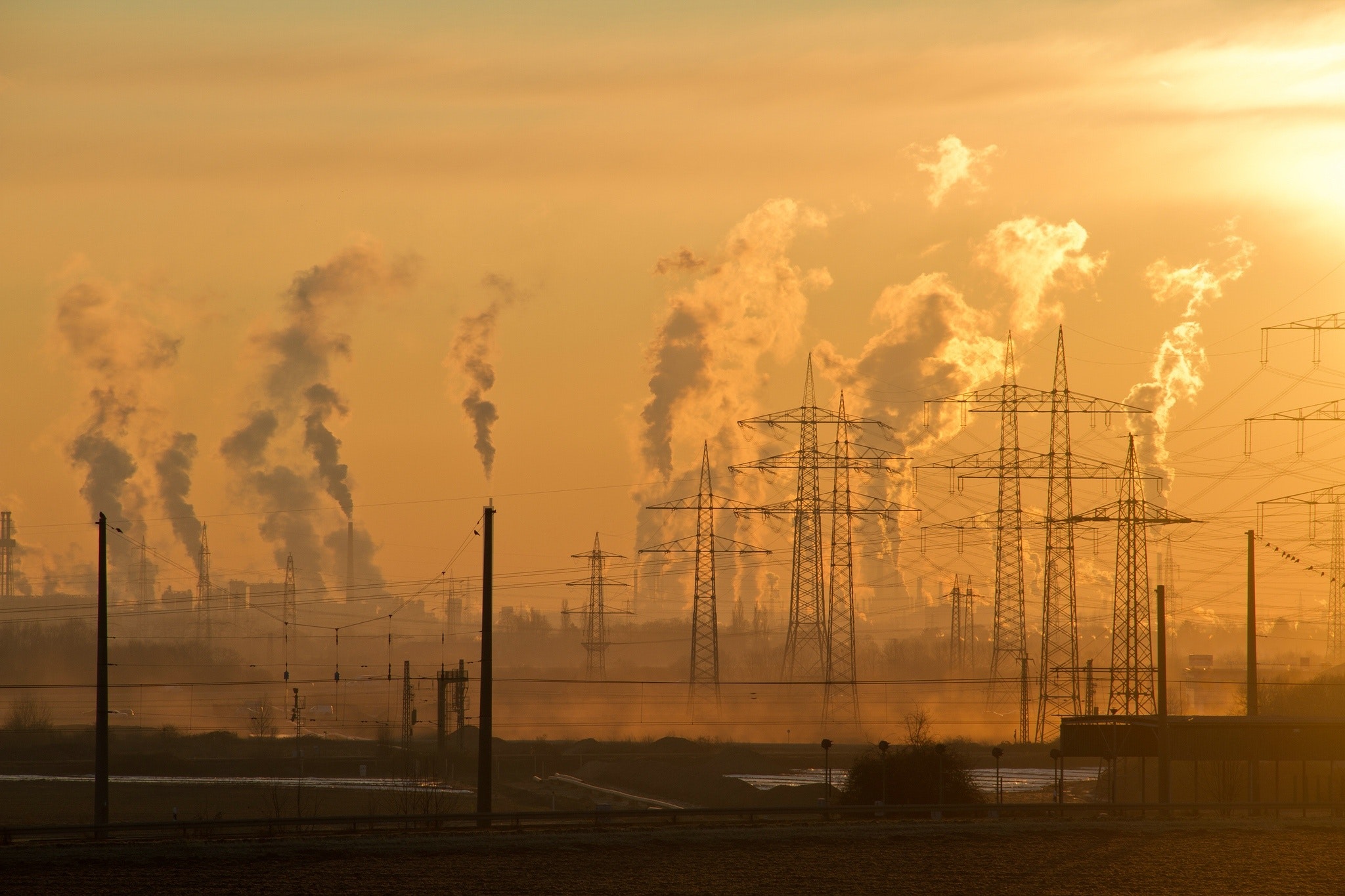Insurance and Climate Change: Preparing for uncertainty
Whether it’s too hot, too cold, too windy or too dry, we all love having a good moan about the weather. But organisations working within the insurance industry have more reason than most to complain about our everchanging weather forecasts.
In recent years, extreme weather conditions and natural disasters have risen substantially, not just in the UK but on a global scale. From the wildfires in California to earthquakes in Indonesia to hurricanes in the UK, the entire planet is experiencing these, often unpredictable, events in one way or another. So, what is causing this sharp increase in natural disasters and extreme weather? Many people, including those working within the insurance sector, believe that climate change is to blame.
Climate change is exactly what it says on the tin. It’s a significant, long-term change in global or regional climate patterns over a certain period of time. As the climate of a location gets warmer, it alters the nature of its rainfall, evaporation and stream flow to name but a few. Over time, these often slight climate alterations can cause catastrophic weather conditions and natural disasters to occur. Because we can’t reverse the effects of climate change overnight, these extreme weather conditions are likely to get a lot worse before they get better; which means we can expect further destruction and devastation caused by weather on a more frequent scale.

The financial risks of climate change
Unsurprisingly, these types of events are extremely expensive to rectify. According to recent reports, the extreme freeze that hit the UK in early 2018 resulted in insurers having to pay a record amount of £194 million, in just three months, to fix burst pipes. During the same year, an extreme heatwave resulted in over 10,000 UK households claiming for subsidence, at a cost of over £64million by insurers. These are just two examples of the major extreme weather conditions that affected the UK just last year.
But the UK isn’t the only place to feel the effects of climate change. Natural disasters caused around £276 billion in damage globally in 2017 alone, with insurers having to pay out approximately £108 billion to their policyholders. Experts believe that these figures are now likely to increase year on year, meaning that insurance companies need to mitigate the effects of climate change now or face being met with overwhelming losses.
If the risk from wildfires, floods, storms and heatwaves is increasing, the only way insurance companies can sustain themselves if to adjust their premiums accordingly, with many using region as a big factor. For instance, in Florida, a state which is prone to hurricanes, insurance cover is already far higher than in Northern Europe due to the scale and frequency of the events they experience.
However, if the price of premiums is raised too high, it could mean that insurance becomes unaffordable and therefore unavailable for many. This is becoming a major concern for insurance companies. As climate change continues to cause the global temperature to rise and extreme conditions to occur, it could make it increasingly difficult for them to offer the affordable financial protection their customers want and need in modern society; whilst also staying afloat in the market.
There’s also the financial impact it could have on our economy. The UK insurance industry is one of the largest in Europe and comes in third on a global scale. Its total investments equate to around 25% of the UK’s net worth. So, in short, if the insurance industry falls, our economy will be hit, significantly.

Getting ready for the future
Even with the challenges that climate change and extreme weather present, all is not lost for the industry just yet. Insurance companies play a huge role in how we prepare ourselves for the future impacts of climate change, so it’s important to us all that they survive.
To do this, adaptation is key and insurance companies should be doing all they can to promote this message to society. Insurers can share their years of experience and knowledge, perhaps using previous events as a guide, to provide a wider understanding of which defence measures are most effective. They can also help to promote these various measures, such as flood defences and building materials, to communities and show how they can provide an increased level of protection.
As well as education, the UK insurance industry has been working alongside the Government to implement a scheme known as Flood Re. This scheme was created to increase the availability of insurance to properties in areas that experience high levels of flooding and allows homeowners to shop around for the best policies. Hopefully, if this works well, the industry can push the Government to try further schemes that provide cover for other extreme weather conditions.
As well as adapting, mitigation is another key preparation technique the insurance industry should be implementing. If we can reduce harmful emissions and work towards a low-carbon economy, the effects of climate change should, in theory, start to reduce; meaning less disaster for homeowners and major losses for insurers. Climate change experts have advised that we need to reduce our reliance on fossil fuels on a global scale and developer renewable energy systems instead.
So, if the insurance companies want to reduce their losses as much as possible, they need to start investing in more sustainable initiatives like solar power and wind farms. However, this might be easier said than done.
In the UK, there are only around 1.2% of assets under management invested in greener projects, such as renewable energy, collectively known as ESG (Environmental, Social and Governance) Assets. There are a number of obstacles preventing insurers and asset managers from increasing this proportion, most notably a lack of high-quality and consistent ESG data within the financial system. While steps are being taken to make it easier for the financial sector to invest in ESG assets, it could take some time. But insurers should be ready to act for when that time comes.

Michael Elliott
30th May
Industry Insight
Related insight
Related News
Looking to
transform?
Quicklinks

Address
Deltra Group
52-54 Gracechurch St
London
EC3V 0EH
Contact
+44 (0)207 375 9500
info@deltragroup.com



